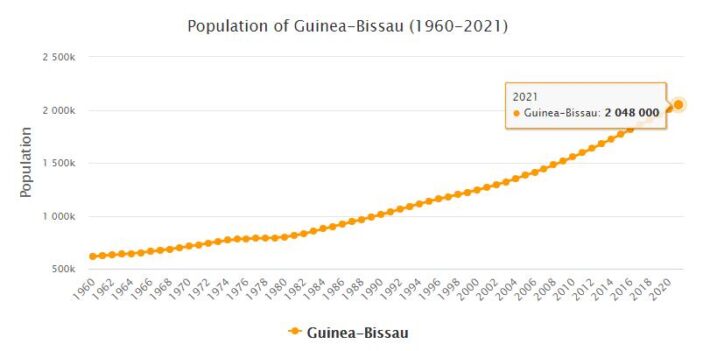Yearbook 2012
Guinea Bissau. With the death of President Malam Bacai Sanha in Paris in January, Guinea-Bissau lost a stabilizing force. New elections for the presidential post were announced until March 18. The first round was won by Carlos Gomes Júnior, Sanha’s party mate from the African Independence Party of Guinea-Bissau and Cape Verde (PAIGC), who until the months before the election was prime minister. But with 49% of the vote he failed to reach the 50% limit required for victory already then. This necessitated a second round of elections between Gomes Júnior and the second of the elections, former President Kumba Ialá, who had gained 23%. Ialá accused Gomes Júnior of electoral fraud, but according to the Election Commission, the election was right. Tensions in the country rose, not least since a former head of the military security service had been shot dead in the capital Bissau on election night.
A few weeks before the second round of April 29, the military took power. Behind the coup was the junta leaders’ concern that they would lose their influence through a long-planned defense reform. Juntan demanded that Angola, which played an important role in the reform work, should leave the country. The coup was condemned by both the UN and the EU and the African Union (AU). The ECOWAS regional cooperation organization imposed sanctions on the junta’s leaders and several important donors withdrew their support to Guinea-Bissau. Gomes Júnior and Raimundo Pereira, who had been acting head of government for the presidential election, were taken prisoner by the junta but released at the end of April and could go into exile.
- AbbreviationFinder.org: Provides most commonly used acronyms and abbreviations for Guinea-Bissau. Also includes location map, major cities, and country overview.
In May, ECOWAS took a softer line vis-à-vis the junta since it promised to reinstate civilian rule and hold elections within a year. ECOWAS would also send a troop force of over 600 men to Guinea-Bissau to create calm. All parties, except PAIGC, approved the settlement. The presidential candidate, Manuel Serifo Nhamadjo, initially refused to become interim president, but later resigned. Rui Duarte de Barros was appointed new Prime Minister. Ialá was considered to have a pivotal role in the transitional government. But even though it was now led by civilian politicians, most judges were still convinced that the military continued to rule behind the scenes. In June, the Angolan troops left Guinea-Bissau.
Several of the coup makers, including General António Indjai, had previously been accused of being involved in drug trafficking from Latin America to Europe via Guinea-Bissau. After the coup, there was a significant increase in drug traffic. According to the UN, at least a dozen small aircraft, suspected of carrying cocaine, had landed in Guinea-Bissau only between April and June.
The unrest in the country was evident in October, when a group of men attacked a military base outside Bissau. At least seven people were killed in connection with this. Several people, some of whom were politicians, were arrested and tortured. The transitional government claimed that it was a coup attempt, ruled by Gomes Júnior and Portugal, where the former prime minister was now. At the same time, it was speculated that the new rulers staged everything to win sympathies from the outside world.
In November, the National Assembly re-assembled and extended its own mandate until the 2013 elections.
During the year, the economy was hit hard by exports of cashew nuts falling sharply due to reduced demand from India and Europe. At the same time, many Guineans found it difficult to cope with their living as food prices rose rapidly.
Population 2012
According to countryaah, the population of Guinea-Bissau in 2012 was 1,737,091, ranking number 151 in the world. The population growth rate was 2.670% yearly, and the population density was 61.7782 people per km2.
